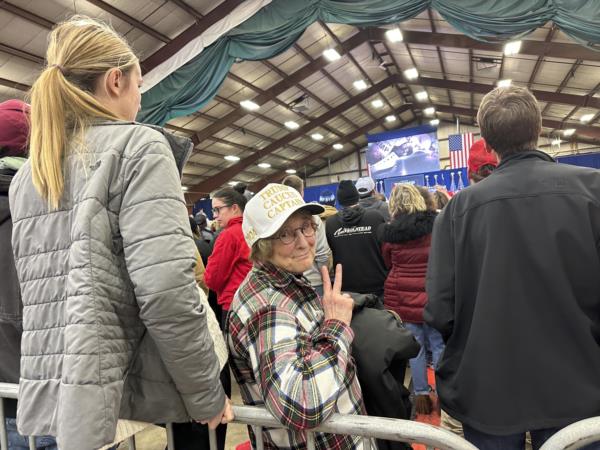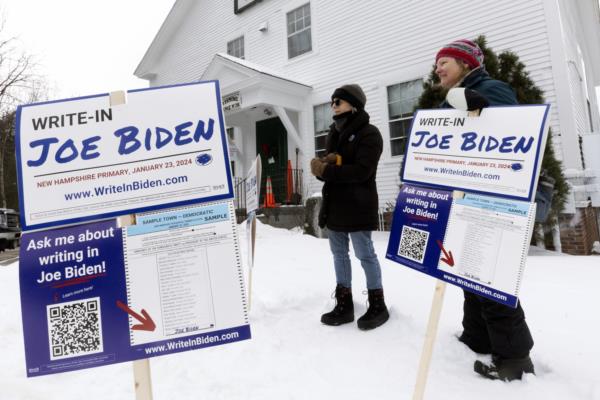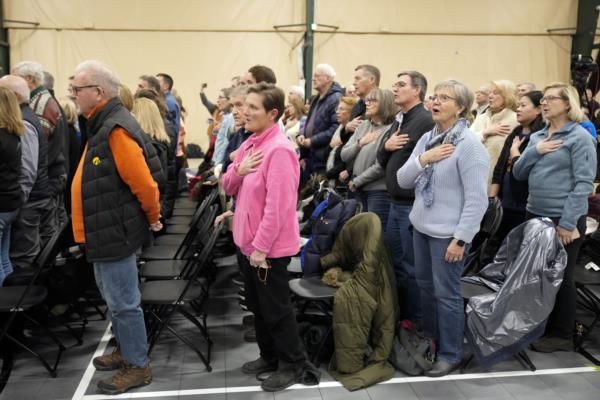
As the presidential primary season unfolds in the United States, questions arise about the representativeness of the process. Pennsylvania, a crucial swing state, holds its primary much later than other states, often leaving its voters with little influence over the selection of presidential contenders. This year, with front-runners for both major parties likely to secure their nominations early on, the issue is particularly pronounced.
Experts point out that the U.S. primary system, where a small percentage of voters often determines candidates, is unique and raises concerns about the country's representativeness as a democracy. Contrasting with some European countries that offer voters a broader range of candidates and hold run-offs, the U.S. system is seen as limiting choices.
Independents, who are excluded from voting in presidential primaries in many states, face challenges in engaging with the process. Gerrymandering further complicates matters, with uncompetitive districts leading to a rule of the minority rather than the majority.





One striking aspect is the absence of a constitutional provision explicitly granting the right to vote in the U.S. While amendments protect against discrimination, the lack of a codified right to vote opens the door to issues like voter suppression.
Despite these concerns, the administration of elections in the U.S. is praised for its exceptional nature. Despite recent challenges and distrust fueled by extreme partisanship, the country's election systems have shown resilience and integrity.
While the U.S. faces criticisms and challenges in its electoral processes, the dedication of election professionals and the absence of widespread fraud set it apart from many other democracies. As the 2024 election cycle progresses, the focus remains on addressing these issues to uphold the principles of democracy.


.png?w=600)




